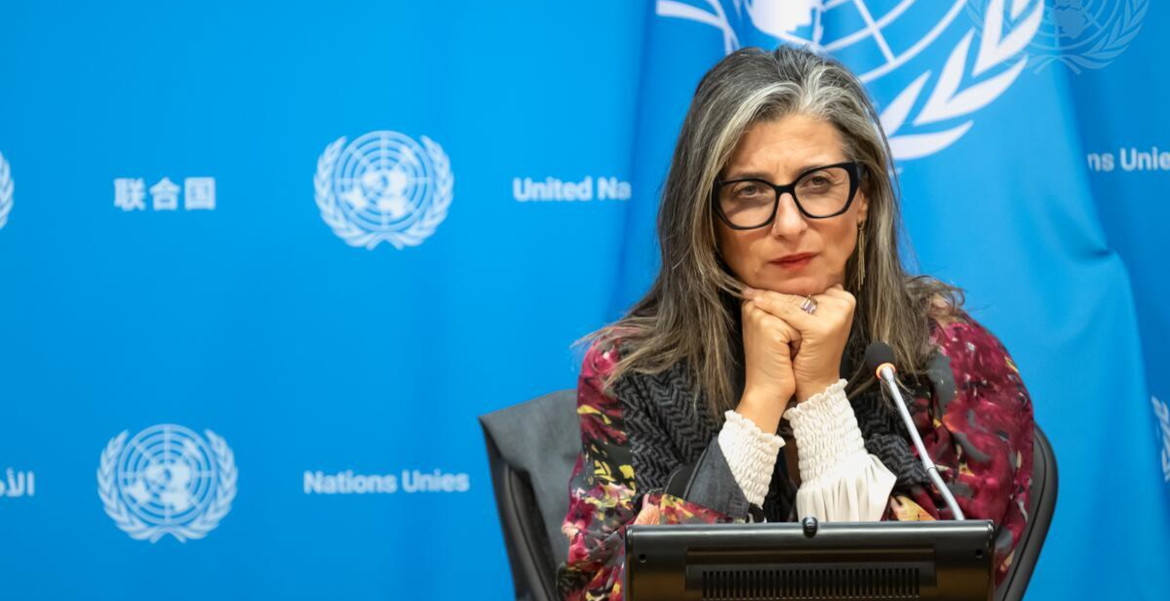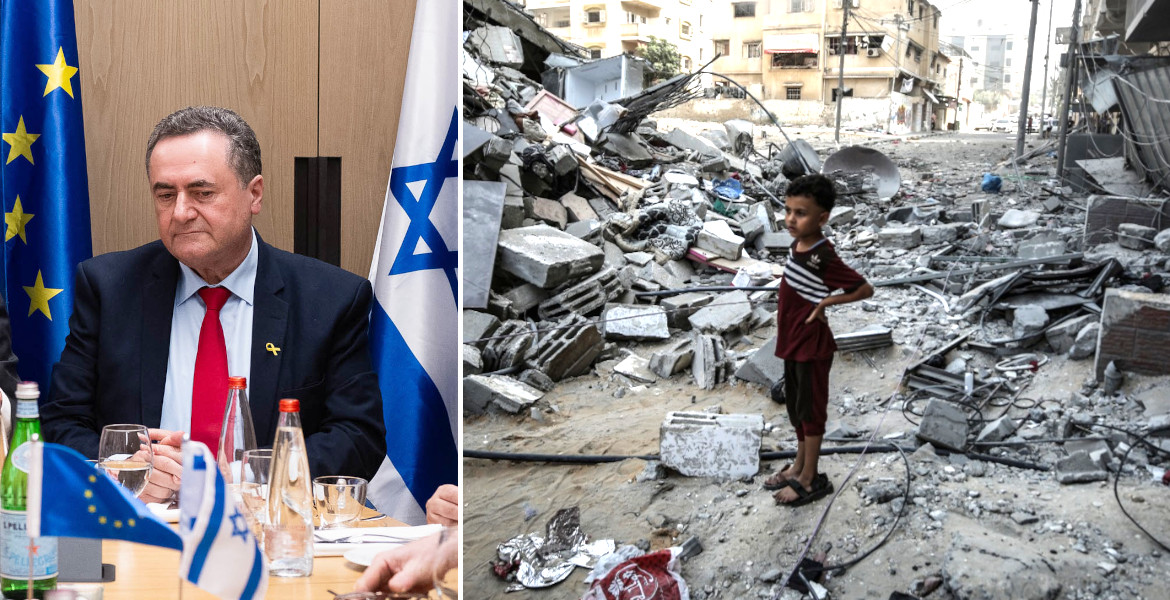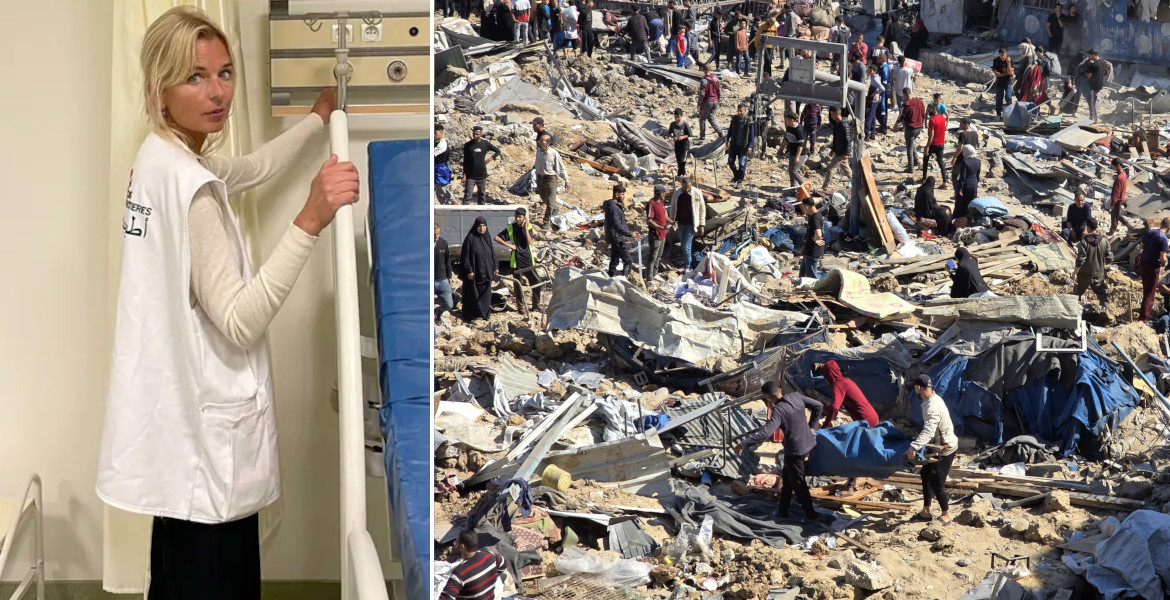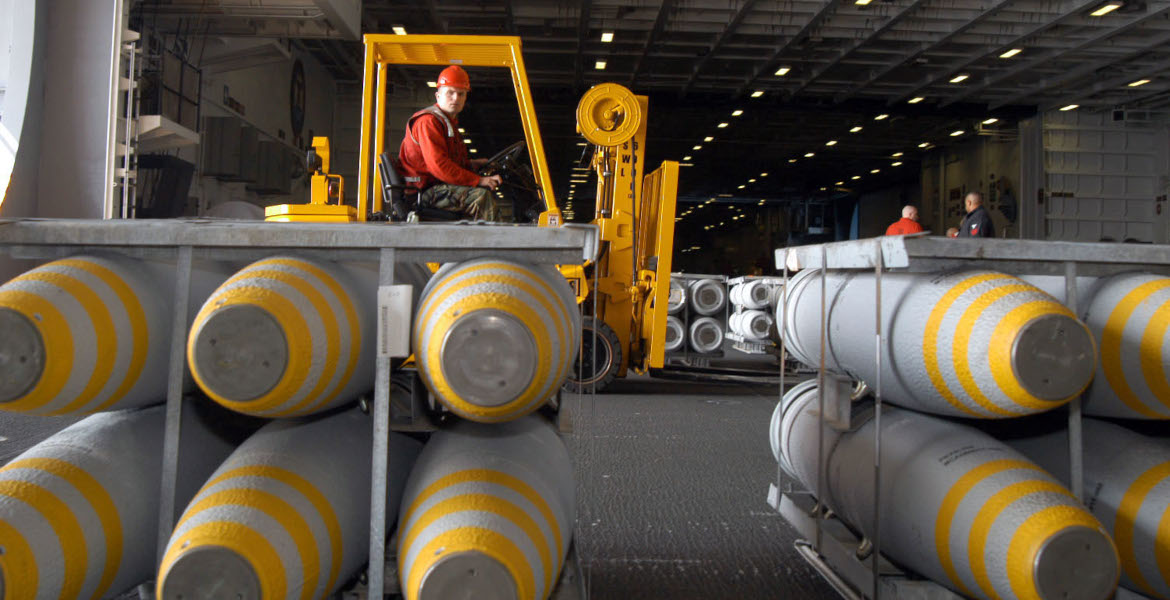The freedom of expression organization Reporters Without Borders (RSF) is concerned and dismayed by the growing scope and arbitrariness of Israel’s censorship apparatus under Benjamin Netanyahu, and how even critical domestic media are now being smeared and targeted by the country’s government.
It is noted that it is not only the Qatari Al-Jazeera that has been effectively banned, but that the Israeli government has imposed stricter rules and censorship on all foreign media that the security services claim are in any way harmful to Israel and its security.
In early November, another law giving the Israeli government more power over the country’s public broadcasters was passed, and the Israeli left-liberal Haaretz, which has highlighted corruption and crimes linked to Netanyahu’s rule, is now boycotted by the Israeli state.
– Benyamin Netanyahu’s government is openly targeting media independence and pluralism in Israel. Communications Minister Shlomo Karhi, who follows the hardline stances of the Likud party, is leveraging the ongoing war to silence voices that criticize the far-right coalition in power. These media laws are proposed by Likud parliamentarians and swiftly approved by the Ministerial Committee for Legislation, which is dominated by the same party. These legal attacks will have lasting, detrimental effects on Israel’s media landscape, says Anne Bocandé, editorial director of RSF.
– Most notably, the free press in a country (Israel) that describes itself as ‘the only democracy in the Middle East’ will be undermined, she continues.
“Peculiar form of press freedom”
There are warnings that media critical of Netanyahu and his allies are being smeared and demonized – and even critical Israeli media are allegedly engaging in “anti-Israeli propaganda” – while more than 145 journalists have been killed by the Israeli military in Gaza.
The suspension of foreign media such as Al-Jazeera and Al-Mayadeen from broadcasting in Israel was expected by observers given the Netanyahu administration’s views on press freedom, but the boycott and silencing of established domestic media such as Haaretz has surprised many.
– It is a remarkable and contradictory decision by Israel. Its government seems to stand for a peculiar form of press freedom. They say they stand up for it, but when an outspoken newspaper like Haaretz takes advantage of it, it is boycotted, says RSF Sweden’s chairman Erik Larsson to the Swedish trade magazine Journalisten.
– Israel is usually described as a democracy but now the media is under attack. Communications Minister Shlomo Karhi is tightening his grip with laws that silence critical voices, strengthen pro-government channels and threaten freedom of the press in the country, which is now declining and is only 101st out of 180 in Reporters Without Borders’ index, he explains.








